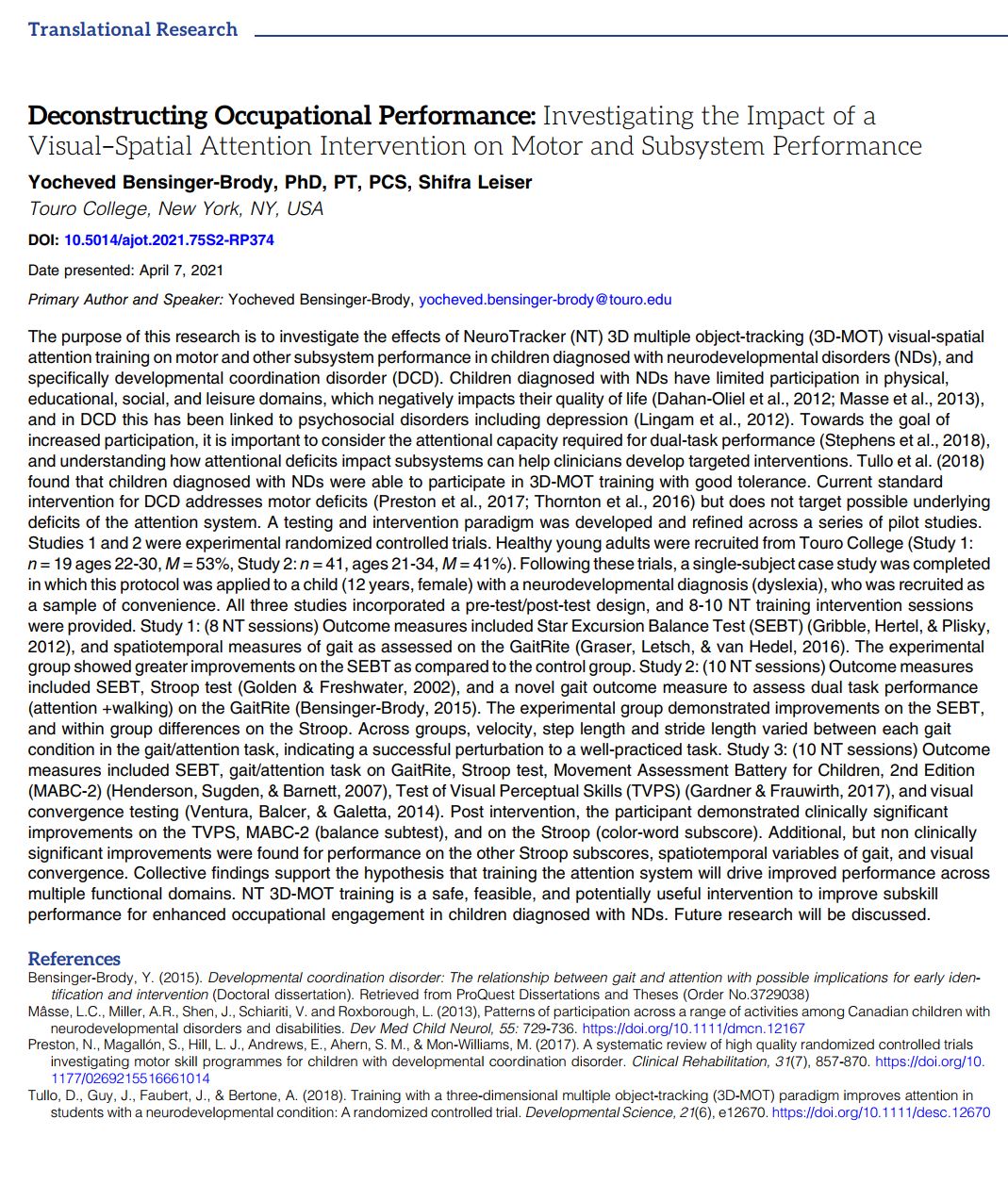Welcome to the Research and Strategy Services at in today's fast-paced.


Hormesis may be an unfamiliar term, but it influences our day-to-day wellbeing throughout our lives. Research is showing that it may be an effective way to boost our overall health and resilience, so let’s take a look how it works and how to tap into it.
We generally think of stress on our bodies as a bad thing. However, if we want to be resilient to stress, we need to actually be exposed to stressors. Here the science of hormesis shows that dosage is a critical factor as to whether our biological systems adapt positively or negatively.
Hormetic type responses have been reported in diverse fields of study, including aging, exercise physiology, immunology, medicine, and nutrition. The general principle is that built into your biology is the ability to sense and respond to environmental stressors to be become stronger and healthier. Vice versa, a lack of stressors over time can actually make us weaker.
A well-researched practice of this effect is fasting. Even though starvation is usually harmful for the body, in short dosages it is now well-known to produce significant long term health benefits for both the body and brain.
Intensive exercise actually damages the body through generating mild oxidative stress. However growing evidence suggests that oxidative stress is very important for upregulating the signaling pathways that are required to promote overall adaptations through increased physical fitness.
Furthermore, it appears to play a more general role in helping create a shield for the body to become more resilient to factors like illnesses and accelerated aging.

Achieving a balance of healthy stressors has been dubbed eustress. The key point, is that it is not simply the type of stress that matters, but also the load and duration of how much stress we induce.
Chronic exposure to stress commonly results in negative effects, which may partly be because the effects of stress are cumulative over time, and also because our bodies are not getting enough breathing room to respond and adapt.
Achieving a balanced exposure is referred to as ‘stress inoculation’, leading to increased resilience. The strategy is to systematically expose ourselves to a controlled dose of the stressor.

HITT (High Intensity Interval Training) is an exercise technique which has garnered much sports science credibility in recent years. The principle is based on working out extremely intensely but in very short doses, in order to achieve the equivalent fitness benefits of much larger amounts of training.
One of the proposed mechanisms for this is a strong biphasic hormetic response on mitochondria - the powerhouses which drive energy release in every cell in our body. Consequently HITT training has also been found to be beneficial for cognitive functions.
Fortunately, the training loads to stimulate optimal hormesis responses via HITT have been well studied. Although it will vary depending on the individual, just 3 x 20 minutes per week of intensive cardio and/or resistance training will yield significant physiological benefits for most people.
Hormesis is our in-built biological ability to respond positively to physiological stressors, in order to become more resilient. Exposure to acute doses of exercise is one way to harness positive stress. HITT training is a well-established and effective way to promote overall health and wellbeing.








Welcome to the Research and Strategy Services at in today's fast-paced.

If your thinking feels slower than usual, it doesn’t automatically mean something is wrong. This guide explains common short-term causes, normal cognitive variability, and how to interpret changes calmly over time.

Many professional roles require cognitive performance to be sustained over long periods rather than demonstrated briefly. This article explains how sustained cognitive load shapes performance in knowledge-work and monitoring environments.

An overview of the important interpretational difference between temporary changes in brain state, and durably lasting changes in cognitive capacities.
.png)